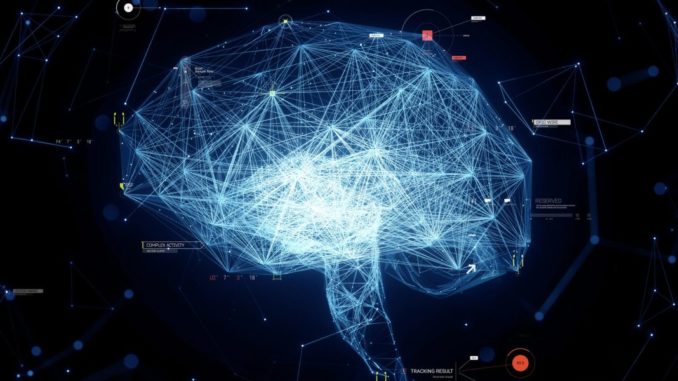
Since proteins are the molecular machines that are responsible for most life processes, studying them gives insight into how diseases develop at the microscopic level. Such information helps in a number of avenues, including drug development.
Folding@Home, winner of VentureBeat’s 2021 AI for Good award, simulates protein behavior with massive distributed computing power. It uses AI to strategically map each protein that it evaluates, to allocate computing resources, and to identify structural protein anomalies that might indicate signs of brewing disease. Based at the School of Medicine at Washington University in St. Louis, Folding@Home launched in 2000 and works with other labs around the world, including ones at Memorial Sloan Kettering Cancer Center and Temple University.
The case for protein study
Linear chains of amino acids fold in specific ways to form proteins. If the mechanism goes awry, it can lead to disease. Alzheimer’s and Huntington’s are caused by such “misfolding” events.
A volunteer “citizen scientist” is assigned a simulation that matches the specific hardware. “We will send you a starting point, an initial structure of a protein, and the parameters of the model,” Bowman explains. The volunteer captures and sends snapshots of the protein structures at regular intervals. Another volunteer in the chain picks up right where the previous simulation ends. “In this way we have created a whole map, with the snapshots being GPS coordinates,” Bowman said.
